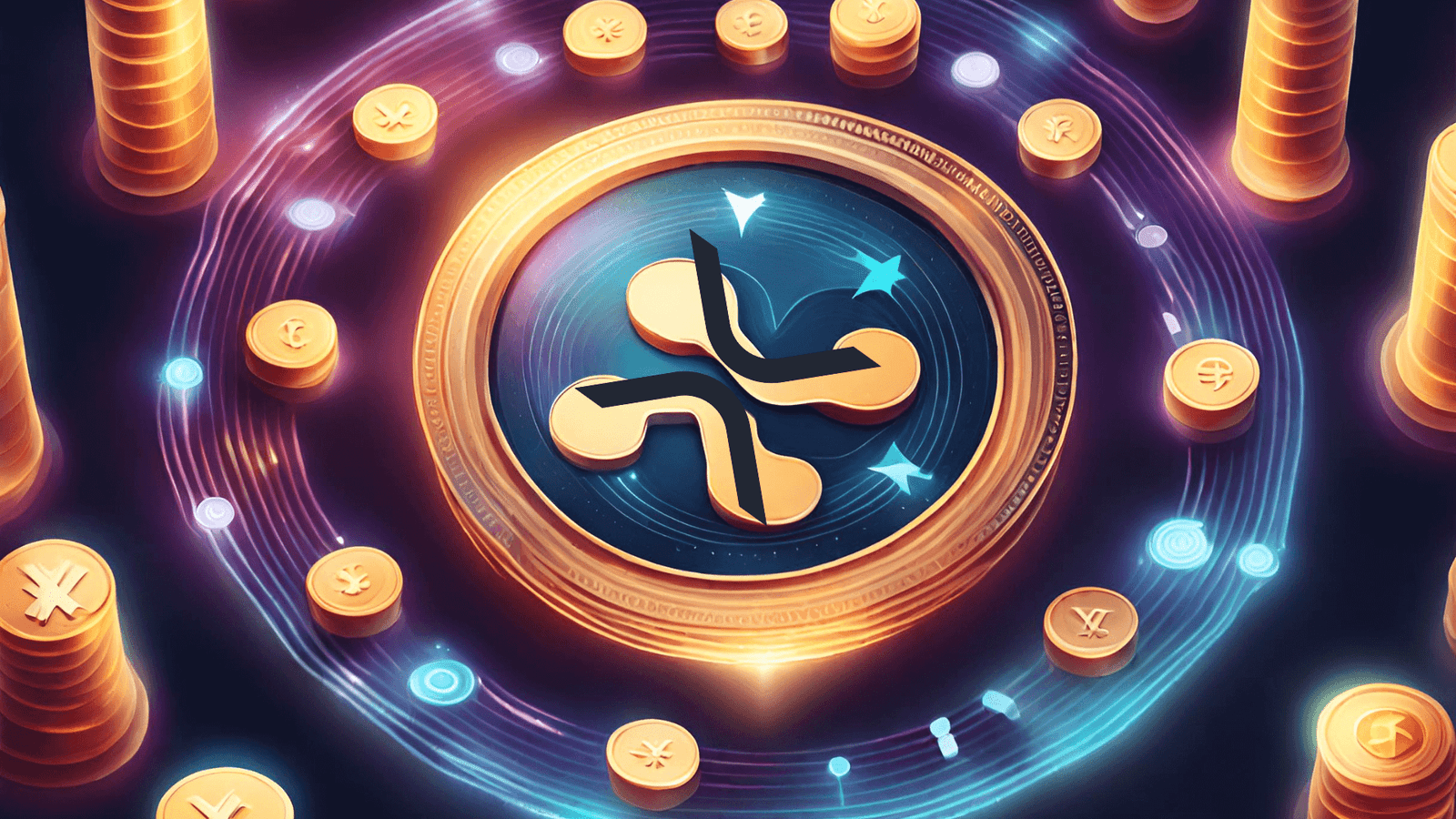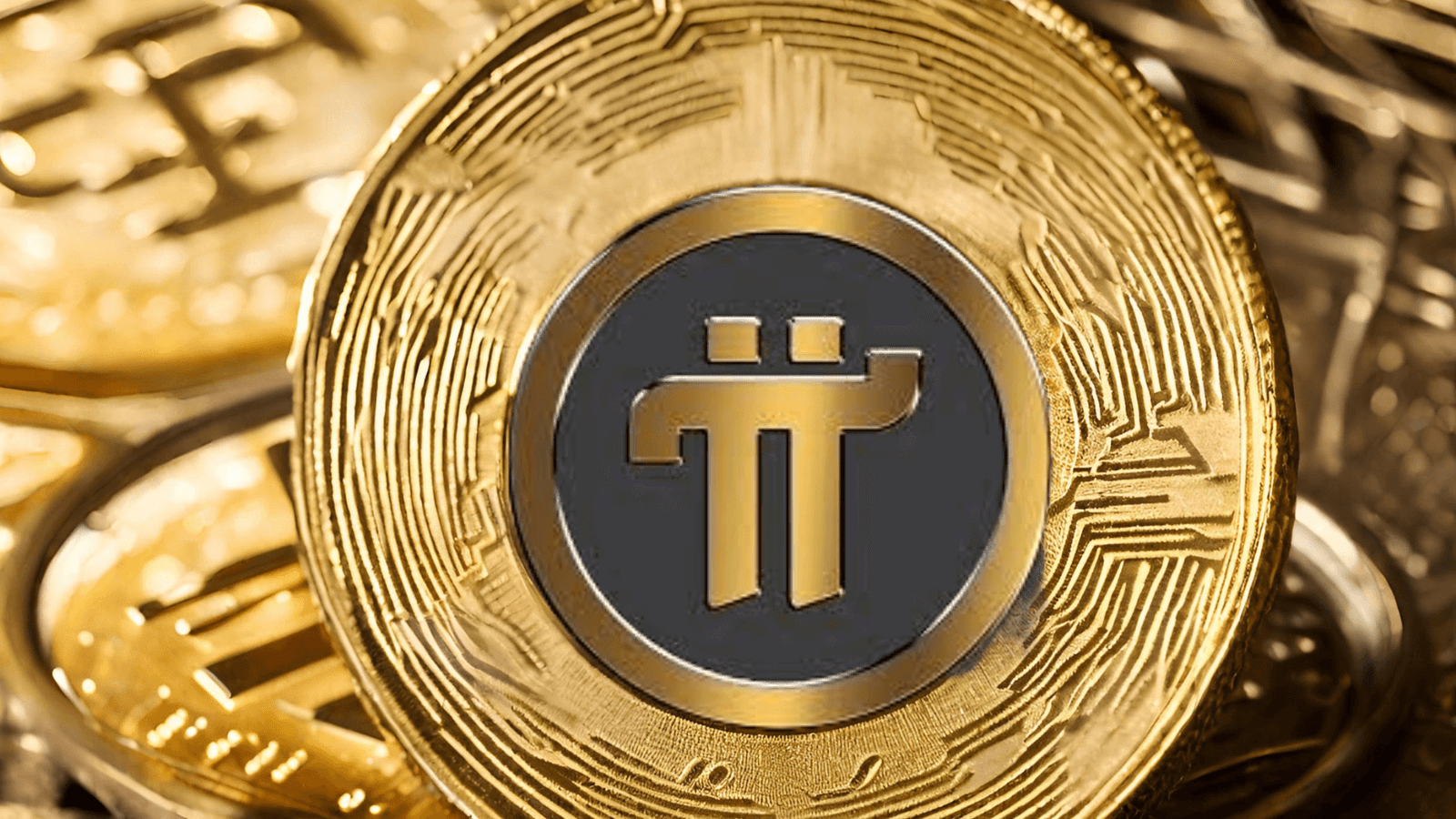Ripple XRP: Revolutionizing the Financial Industry with a Digital Asset

Understanding Ripple XRP: A Brief Overview
Ripple XRP, a digital asset and cryptocurrency, has become a disruptive force in the financial industry. Unlike traditional cryptocurrencies like Bitcoin, Ripple XRP aims to revolutionize financial systems by enabling fast and secure cross-border transactions. Let’s explore the role of digital assets in the financial industry and delve into the importance of Ripple XRP in transforming the way we do business around the world.
Innovative Technology behind Ripple XRP

Distributed Ledger Technology (DLT) Explained
At the core of Ripple XRP is the innovative technology known as Distributed Ledger Technology (DLT). This technology allows for the decentralized and transparent recording of transactions, eliminating the need for intermediaries such as banks or clearing houses. With DLT, transactions are securely recorded on a distributed network of computers, ensuring immutability and greater security.
Consensus Protocol: The Efficient Backbone of XRP
One of the key elements that differentiates Ripple XRP from other cryptocurrencies is its unique consensus protocol. While Bitcoin relies on the energy-intensive mining process, Ripple XRP uses a consensus algorithm called the Ripple Protocol Consensus Algorithm (RPCA). This algorithm allows for fast and efficient validation of transactions, eliminating the need for resource-intensive mining operations.
RippleNet and the Interledger protocol: advancing global payments
RippleNet and the Interledger protocol, developed by Ripple, further enhance the capabilities of Ripple XRP. RippleNet is a network of financial institutions and payment providers that use Ripple technology to facilitate cross-border payments. The Interledger Protocol, on the other hand, enables interoperability between different ledgers and facilitates seamless transactions between different digital assets and currencies.
Transforming Cross-Border Payments

Challenges in traditional cross-border payment systems
Traditional cross-border payment systems are plagued by inefficiencies and high costs. They often involve multiple intermediaries, leading to delays, high transaction fees, and a lack of transparency. These challenges hamper the smooth flow of funds across borders and create a barrier to global economic growth.
Ripple XRP vs. Swift: Profitable cross-border transactions
Ripple XRP offers a viable alternative to traditional cross-border payment systems, in particular the SWIFT system. By leveraging the speed and efficiency of blockchain technology, Ripple XRP enables near-instant cross-border transactions at a fraction of the cost. This reduction in transaction fees and processing times has the potential to revolutionize international remittances and facilitate global trade.
Improving liquidity and settlement times with Ripple XRP
One of the main advantages of Ripple XRP is its ability to improve the liquidity and settlement times of financial institutions. By using Ripple’s technology, financial institutions can access a broad network of liquidity providers, reducing the time and costs associated with liquidity management. This enhanced liquidity ensures that financial institutions can meet customer demands efficiently, boosting overall market liquidity.
Ripple XRP and Financial Institutions

Collaboration, not competition: Ripple and the banks
Contrary to popular belief, Ripple XRP aims to collaborate with financial institutions rather than replace them. Ripple recognizes the importance of existing banking infrastructure and aims to bridge the gap between traditional finance and emerging digital technologies. By partnering with financial institutions, Ripple XRP seeks to improve the efficiency and accessibility of global financial services.
Benefits of adopting Ripple XRP for financial institutions
Financial institutions will benefit greatly from the adoption of Ripple XRP and its associated technology. By leveraging Ripple solutions, financial institutions can reduce costs, improve transaction speed, increase transparency, and mitigate fraud risks. Additionally, Ripple XRP provides access to a global network of payment providers, expanding the reach and capabilities of financial institutions in the digital economy.
Banks and Ripple XRP: exploring the possibilities
By adopting Ripple XRP, banks can unlock a host of possibilities. From streamlining cross-border payments to enabling real-time transaction settlement, Ripple XRP offers a range of innovative solutions for banks. Furthermore, the partnership between banks and Ripple XRP has the potential to revolutionize financial inclusion, making financial services accessible to the unbanked population around the world.
Ripple XRP's Impacts on the Financial Industry

Disruptive remittances: how Ripple XRP is revolutionizing the transfer market
Remittances, the transfer of money by people working abroad to their home countries, often involve high fees and long processing times. Ripple XRP presents an innovative solution by enabling secure, fast and low-cost remittances. Through partnerships with remittance service providers, Ripple XRP is facilitating the smooth flow of funds across borders and ultimately improving the lives of millions of people and their families.
Ripple XRP’s Potential in Trade Finance and Supply Chain Management
Trade finance and supply chain management are integral parts of the global economy. Ripple XRP technology has the potential to streamline these processes by enabling fast and transparent cross-border transactions. By incorporating smart contract capabilities into the Ripple ecosystem, trade finance can become more efficient, improving trust and reducing risks for all parties involved.
Improving financial inclusion and accessibility with Ripple XRP
Ripple XRP has immense potential to improve financial inclusion and accessibility. Its low transaction costs and fast transaction speeds make it an ideal solution for the unbanked population around the world. By leveraging Ripple XRP, people without access to traditional banking services can participate in the global economy, making purchases, sending and receiving funds, and improving their overall quality of life.
Summary
Summary of Ripple XRP’s revolutionary features
In short, Ripple XRP is revolutionizing the financial industry through its innovative technology and collaborative approach with financial institutions. By leveraging DLT, consensus protocol, RippleNet, and Interledger protocol, Ripple XRP enables fast and cost-effective cross-border transactions, improves liquidity and settlement times, and enhances financial inclusion. The transformative power of Ripple XRP is paving the way for an efficient, transparent and accessible digital economy for all.
The Prospects and Limitations of Ripple XRP’s Transformative Power
While Ripple XRP presents numerous opportunities for the financial industry, it is essential to consider its limitations. Regulatory challenges, scalability, and potential competition from other digital assets are factors that may hinder the widespread adoption of Ripple XRP. However, with continued innovation and collaboration, Ripple XRP has the potential to overcome these limitations and improve the financial industry.
Future Perspectives: Ripple XRP’s Role in a Digital Economy
Looking ahead, Ripple XRP is poised to play a crucial role in the development of a digital economy. Its ability to facilitate fast and secure transactions across borders, improve liquidity and settlement processes, and enhance financial inclusion positions Ripple XRP as a key player in the future of finance. As technology advances and global connectivity grows, Ripple XRP’s influence is expected to expand, transforming the way we conduct business and interact with financial services.
Frequently Asked Questions (Frequently Asked Questions)
A. How is Ripple XRP different from other cryptocurrencies like Bitcoin?
Ripple XRP differs from other cryptocurrencies such as Bitcoin in several aspects. While Bitcoin operates on a decentralized ledger with a mining-based consensus algorithm, Ripple XRP uses a distributed ledger technology (DLT) with a consensus protocol called the Ripple Protocol Consensus Algorithm (RPCA). Additionally, Ripple XRP is designed to facilitate fast, low-cost cross-border transactions, while Bitcoin primarily serves as a store of value and medium of exchange.
B. Can Ripple XRP be used for personal transactions or is it only for financial institutions?
Ripple XRP can be used for both personal transactions and financial institutions. While Ripple initially targeted financial institutions, it has since expanded its focus to include allowing people to send and receive funds using XRP. This means that people can leverage Ripple XRP for personal transactions, such as making purchases or sending money to family and friends.
C. What potential risks and challenges are associated with adopting Ripple XRP?
Ripple XRP adoption is not without risks and challenges. One of the main challenges is the regulatory landscape, as governments and financial authorities are still developing frameworks for digital assets. Additionally, scalability is another concern, as Ripple XRP technology needs to handle large transaction volumes without sacrificing speed and security. Additionally, potential competition from other cryptocurrencies and financial technologies presents another risk to Ripple XRP adoption.
D. Is Ripple XRP regulated by government authorities?
As a digital asset, Ripple XRP falls within the regulatory purview of government authorities. However, the nature and extent of regulations vary across different jurisdictions. Some authorities have classified Ripple XRP as a cryptocurrency, while others view it as a security. The lack of a global regulatory framework designed specifically for digital assets further increases the complexity of Ripple XRP’s regulatory landscape.
E. How can individuals and businesses benefit from Ripple XRP?
People and businesses can benefit from Ripple XRP in several ways. For individuals, Ripple XRP enables fast and low-cost cross-border transactions, making it an attractive option for remittances and personal payments. Businesses, on the other hand, can leverage Ripple XRP to streamline cross-border trade, improve liquidity management, and reduce transaction costs. Additionally, Ripple XRP technology can grant access to new markets and improve overall efficiency in payment processes.




